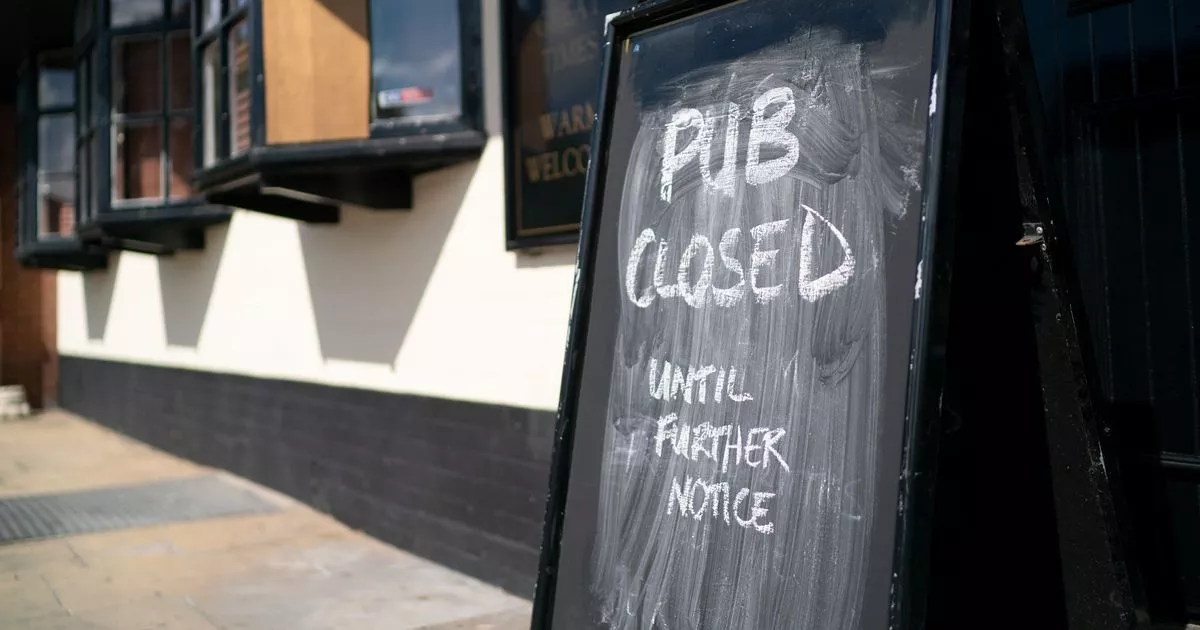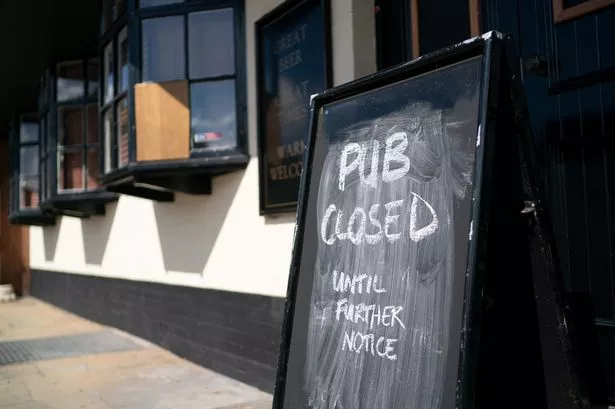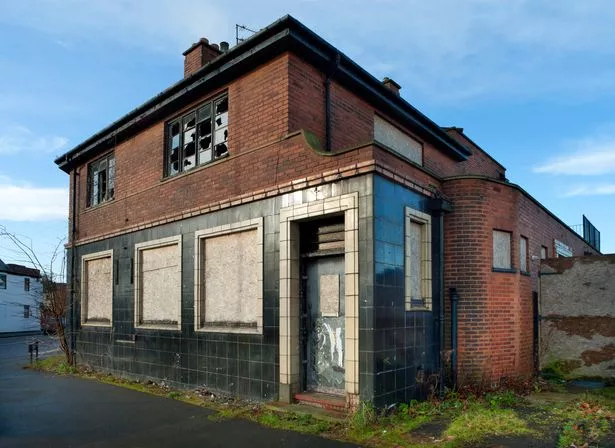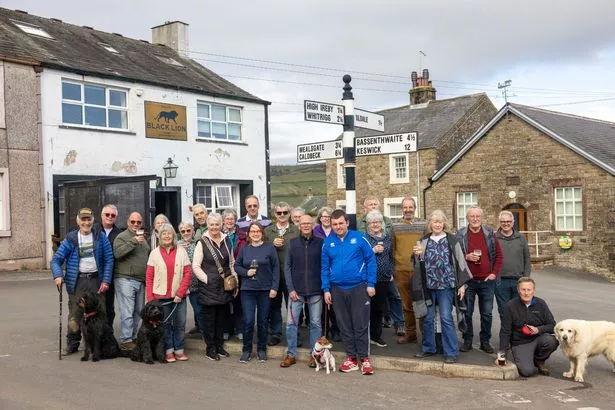Pub numbers set to crash to lowest level this century triggering 5,600 job cuts




Thousands of jobs are on the line as the mass closure of pubs continues, says a trade body, as calls on the government to step in
More than one pub a day is expected to close this year – triggering over 5,600 job losses, an industry body has warned.
The British Beer and Pub Association estimates that 378 pubs will shut in 2025 across England, Wales and Scotland, on top of 350 lost last year.
It would leave the number of pubs at around 44,600, the lowest this century, with more than 22,000 pubs having closed in the past 25 years. The Daily Mirror has been fighting to highlight the plight of locals with its Your Pub Needs You campaign.
The BBPA’s grim forecast came as it urged the government to reform business rates for the sector. Its chief executive, Emma McClarkin, said: “Pubs are trading well but most of the money that goes into the till goes straight back out in bills and taxes.
“For many it’s impossible to make a profit which all too often leads to pubs turning off the lights for the last time. When a pub closes it puts people out of a job, deprives communities of their heart and soul, and hurts the local economy. However, it’s not too late to change this sad state of affairs.
“We know the Government recognizes the economic and social value of pubs and we’re not asking for special treatment, we just want the sector’s rich potential unleashed.
“We’re calling on the Government to proceed with meaningful business rates reform, mitigate these eye-watering new employment and EPR (extended producer responsibility) costs, and cut beer duty.”
The BBPA warned that pub closures will have a further impact on those who are part of the supply chain, including farmers, brewers and other industries.
Labor plans to reform the current business rates system, and in March said it will publish an interim report during the summer. But the Government has cut a relief on the property tax – that came following the Covid pandemic – from 75% to 40%, resulting in significantly higher bills for hospitality, retail and leisure businesses.
The BPPA warned earlier this year that the average price of a pint of beer would surge past £5 for the first time because of the cost hikes hitting the sector. It said the average cost of a pint in the UK was expected to rise by about 21p as a result as pubs are forced to pass some cost inflation onto customers.
Among those fighting to keep their pub open are villagers in the Cumbrian village of Ireby. The community has raised more than £100,000 to put towards the cost of buying the Black Lion pub.
They had hoped to get another £256,000 from the government’s Community Ownership Fund, to help reach their target. But just as they were due to submit their application, after having to spend ages collating all the necessary information, the scheme was pulled without notice when last year’s general election was called, and was never restarted.
Ray Mumberson, who was born and bred in Ireby, said they remained hopeful given local support. “It isn’t just a case of coming in and having a pint and a bag of crisps,” said Mr Mumberson, who is among the group of volunteers who are involved. Among the get-togethers arranged at the pub are a ukulele night and another for people with dementia and their carers.
Meanwhile, a separate survey found pharmacies and Post Offices are the most important services in communities – while pubs give them the biggest economic boost. Corner shops and banks are also seen as essential. At the other end of the scale, vape shops, pawnbrokers and fast food joints are what people dislike the most.
The survey of 2,000 people was conducted by the trade body the Association of Convenience Stores to produce a Community Barometer.
When it came to most essential services, pharmacies were top, then the Post Office, and convenience stores third. It was a similar picture for those having the most positive impact, but with the Post Office first and pharmacies second. But when it came to doing the most to support the local economy, pubs and bars were top, then corner shops and restaurants third.
James Lowman, chief executive of the Association of Convenience Stores, said: “Our Community Barometer provides a blueprint for the kind of services that people want on their local high streets, and highlights the need for crucial services like banking, prescription collections and Post Offices – many of which are already housed within convenience stores.”
